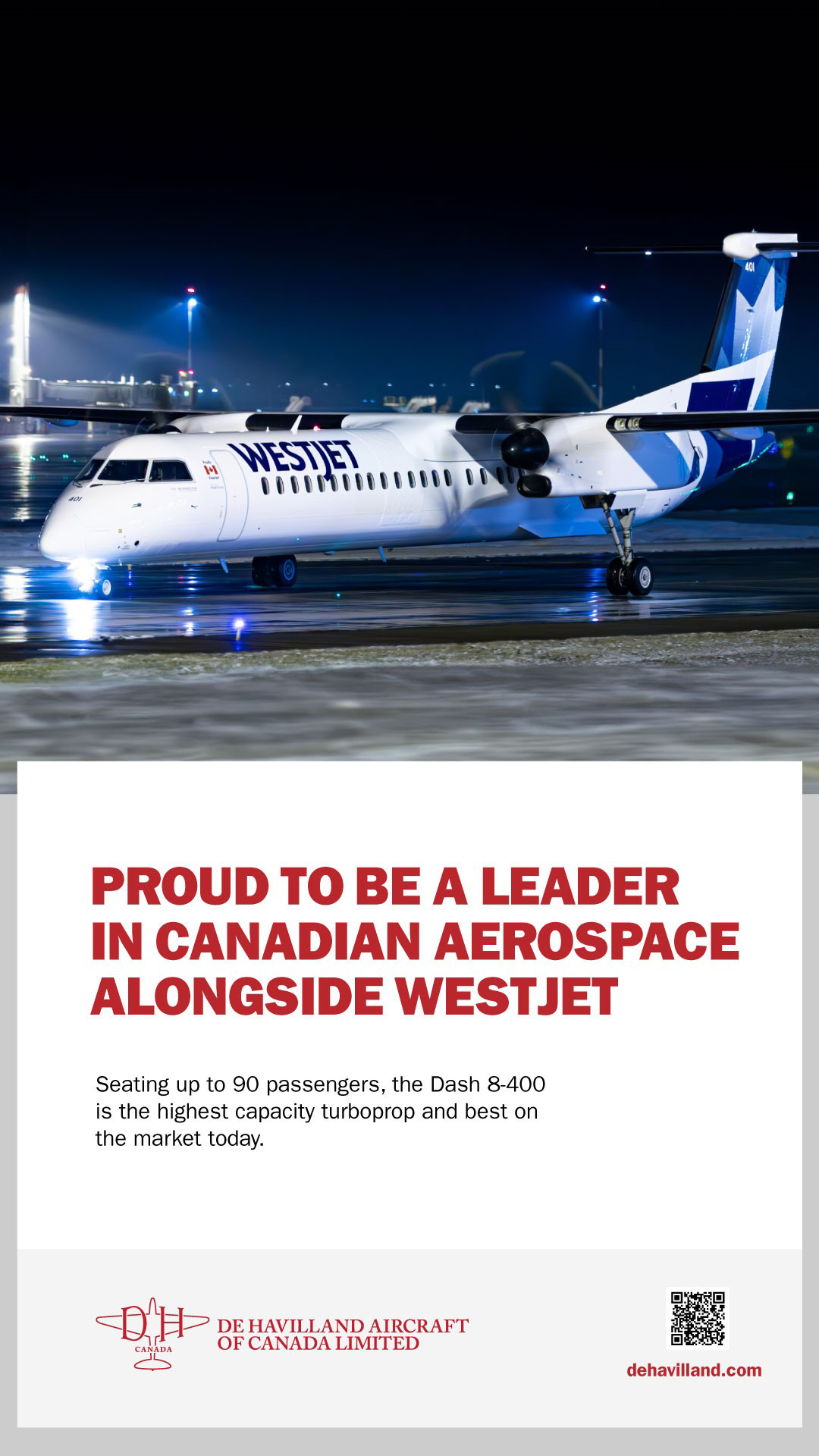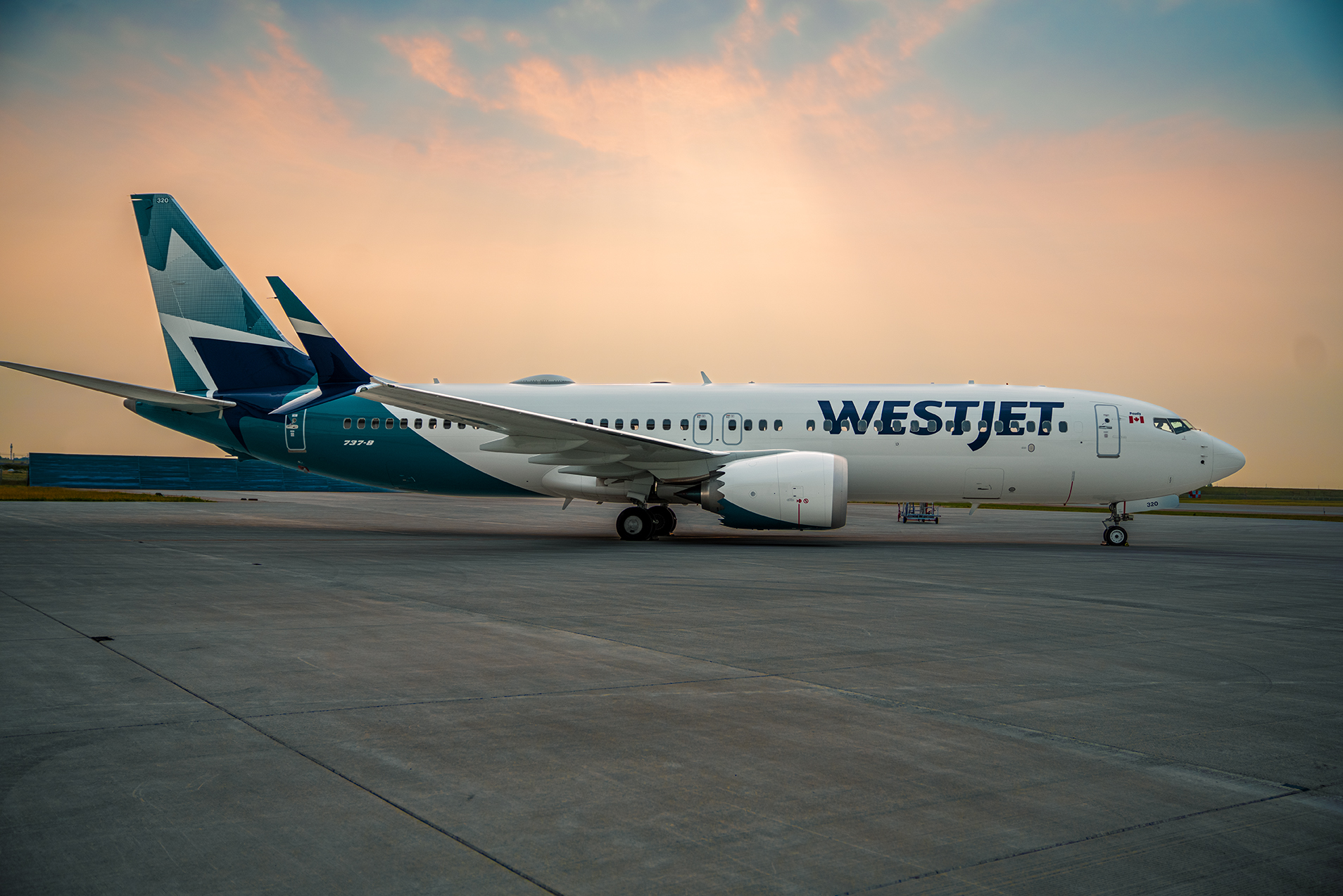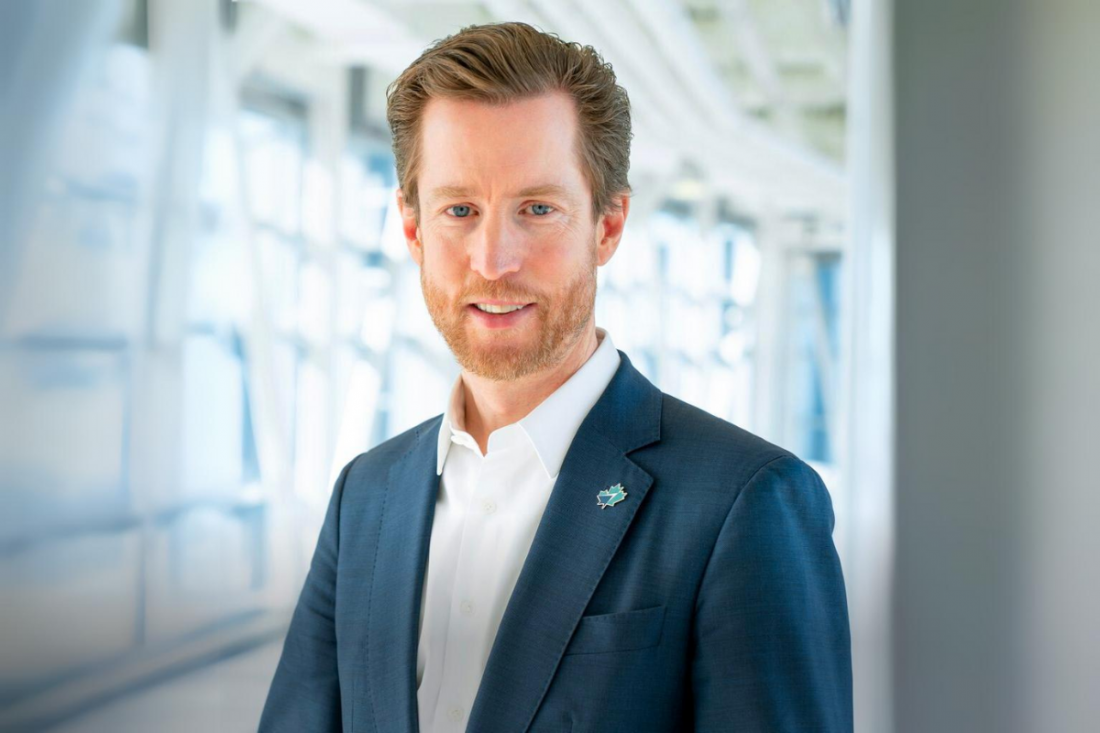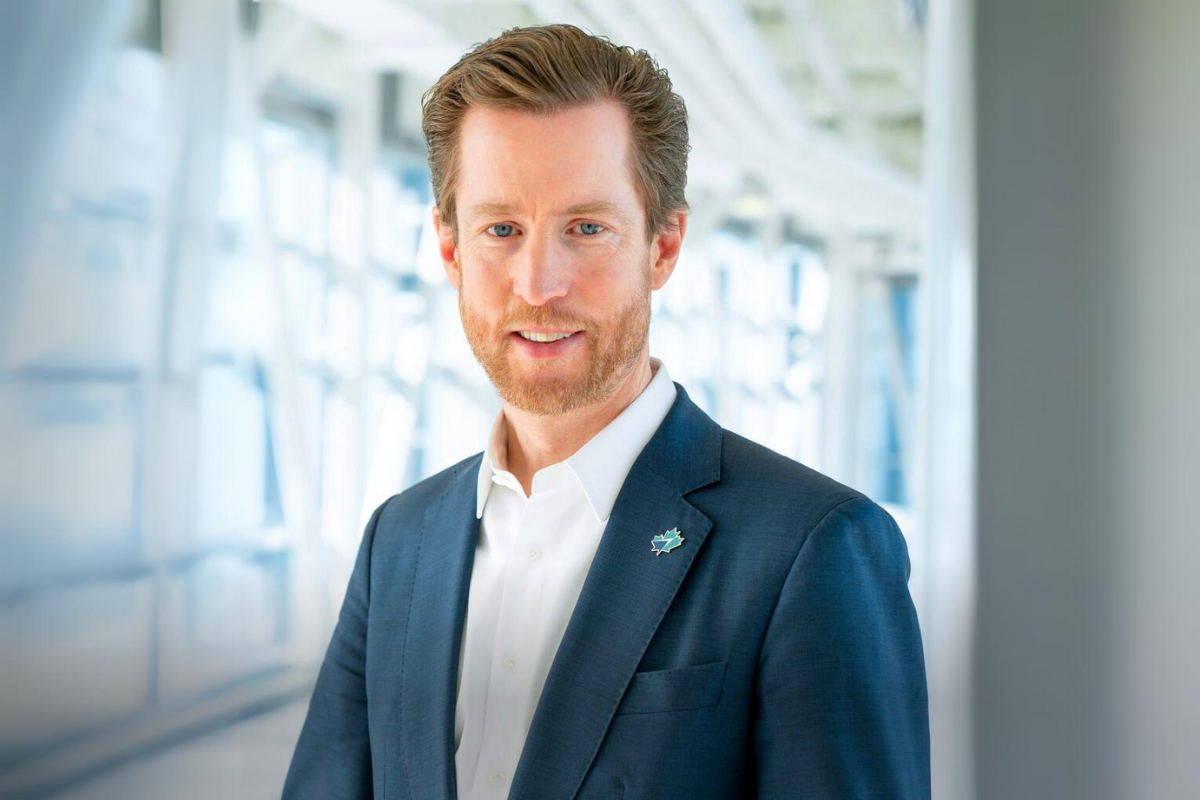“Frustrating!” Alexis von Hoensbroech exclaimed in a tweet, which read like it was from a dispirited passenger in the middle seat of a delayed flight.
But von Hoensbroech was no ordinary passenger; he’s the CEO of Westjet, the operating airline.
He took to X, formerly Twitter, to voice dismay with his delayed flight from Calgary to Vancouver, which was already boarded and ready to taxi for takeoff, but was held for more than two hours due to staffing issues with air traffic control.
“That’s just very frustrating,” von Hoensbroech recalls as he speaks with The CEO Magazine.
But his tweet outlined a solution: “A proper shared accountability across the entire sector.”

“If airlines are being held accountable, then everyone else in the supply chain has to be held accountable as well.”
With its vast geography, dispersed population centers and high infrastructure costs, Canada is one of the world’s most challenging aviation markets at the best of times. But the COVID-19 pandemic worked to further complicate those challenges by stressing aviation supply chains and straining suppliers in security screening, baggage handling and air traffic control.
In response, von Hoensbroech has charted a course for WestJet out of the pandemic doldrums, with the airline ramping up recruitment, reaching mutually beneficial agreements with its pilots and investing heavily in new aircraft and technology.
He’s also calling for an overhaul of Canada’s Air Passenger Protection Rights, arguing it will improve passenger convenience, comfort and safety while allowing airlines to build more sustainable businesses.
“What we need is a concept of shared accountability. So if airlines are being held accountable, then everyone else in the supply chain has to be held accountable as well,” von Hoensbroech says, explaining airlines end up handling customer complaints and paying compensation, while suppliers largely avoid public scrutiny.
“If someone makes a mistake, then we are happy to compensate the guests, but we have to be able to recover it from the third party if they caused it.”
An Entrepreneurial Airline
Navigating turbulence is nothing new for the Calgary-based airline that started in 1996 with three Boeing 737s and a bold business plan to bring more connectivity to Western Canada and enhance leisure travel across the country.
It proved a success, as passengers flocked to WestJet for low fares and friendly service.
Airfares tumbled by half after its launch and passenger loads grew by 50 percent. In a country of countless aviation startups, von Hoensbroech says that, historically, WestJet is one of the few airlines to have prevailed.

Advertisement
The company now flies 180 aircraft and serves more than 100 destinations across Canada, as well as overseas cities such as London and Tokyo, from its Calgary hub.
Its growth potential, entrepreneurial heritage and sterling reputation in the aviation sector all caught von Hoensbroech’s attention as he contemplated joining WestJet after 16 years with Lufthansa – including nearly four years as CEO at Austrian Airlines, where he led a reorganization in the face of ultra-low-cost carrier (ULCC) competition.
He says it was its stellar reputation that convinced him to join the fold.
“WestJet is a worldwide, well-known brand and it’s known to be very entrepreneurial and to have a very strong culture,” he says.
The company’s private equity ownership and strong fundamental business model further adds to its appeal, he notes.

“People love to escape the winter and fly to sunny destinations, giving us a very strong winter structural demand.”
Von Hoensbroech assumed the CEO role in February 2022 and immediately set about redefining strategy with the goal of being really clear about what the airline wanted to be – and also what it did not want to be.
The company established three objectives, starting with a return to its roots by re-focusing on serving Western Canada, where WestJet began and still enjoys brand loyalty. Another objective was to emphasize leisure. “People love to escape the winter and fly to sunny destinations, giving us a very strong winter structural demand,” he says.
Its third important focus was for WestJet to return to its roots as a low-cost carrier. “We don’t want to be the smaller version of some of the big legacy network carriers,” von Hoensbroech explains.
“We want to be different, and this is low cost, friendly, reliable and affordable.”
Prioritizing Growth
Along with defining its strategy, von Hoensbroech recognized that if the airline was to be successful, it had to prioritize growth. Last year, Westjet placed a large order with long-time partner Boeing for 42 state-of-the-art 737-10 aircraft and 22 options over the next five years.
“All the big aircraft manufacturers are actually almost sold out, but we still managed to get a big order in,” he says.
WestJet also acquired Sunwing, a pure-play vacation airline and Canada’s largest tour operator – an acquisition that has made WestJet the largest Canadian vacation provider. It plans to fold Sunwing airlines into its mainline operations, while keeping its vacation business intact.
“We now cover roughly 50 percent of the entire Canadian vacation market, both as an airline and as a tour operator,” he explains. “We can serve Canadians with really competitive and affordable vacation options.”
The ULCC model has transformed European aviation, but it hasn’t enjoyed the same success in Canada due to the country’s vast geography and small population, von Hoensbroech explains.

“We can serve Canadians with really competitive and affordable vacation options.”
He says infrastructure fees also cost more there. “Canada is already one of the most expensive places to operate as an airline,” he says.
With the additional consolidation of ULCC airline Swoop, von Hoensbroech says the business plans to densify the back half of its planes to serve more guests. “With this we are also growing. We actually think we can grow our footprint in Western Canada and in the leisure business across all of Canada quite significantly,” he says.
Growth requires strong partnerships, including with stakeholders such as airports and key aircraft manufacturers such as De Havilland Canada.
WestJet recently worked to improve its relationship with its pilots, which has resulted in bringing labor peace to the airline. Better still, November marked the first time since the pandemic that WestJet was able to return to its profit share distribution scheme, in which portions of the airline’s profits are provided to employees.
With keen but cautious optimism, von Hoensbroech believes WestJet is building momentum for an even more successful 2024 – with the whole team on side.
“In the end, you can only be successful together.”




